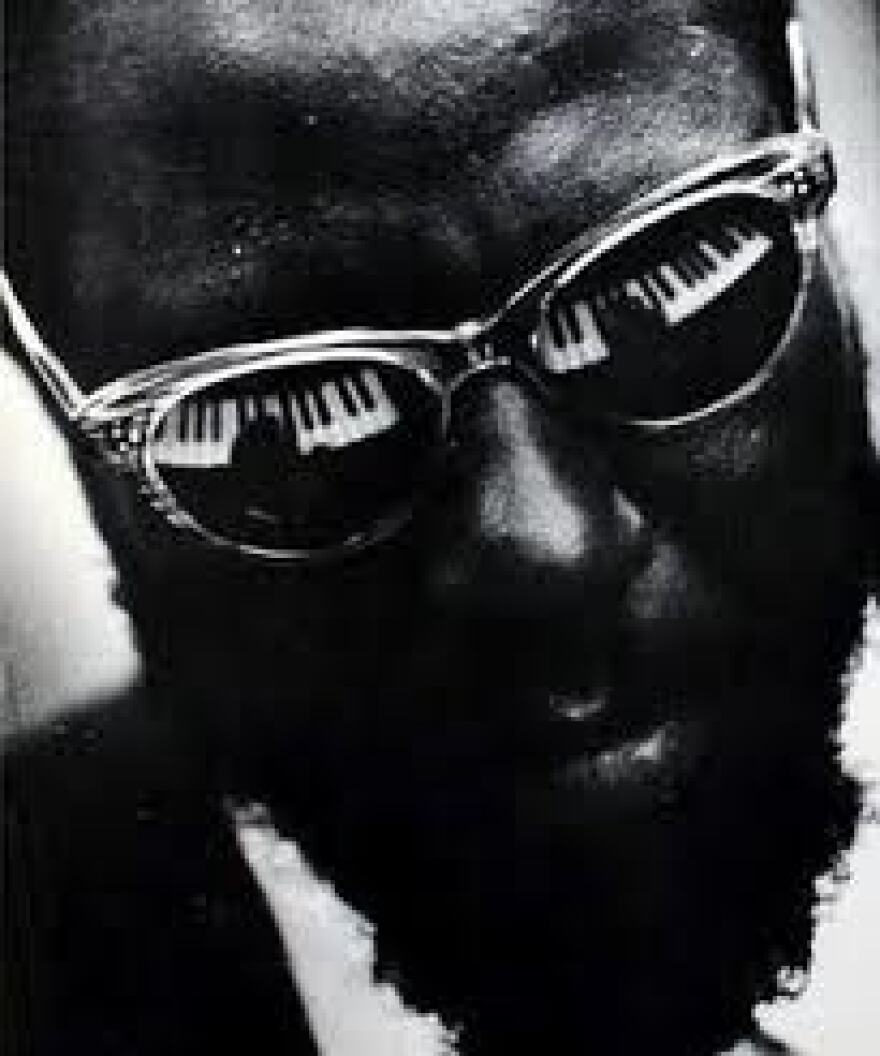Long before he appeared on the cover of Time Magazine, in 1964, Thelonious Monk was a one-of-a-kind jazz pianist: a player and composer of startling originality, a musician of ample wit and heart, a bebopper of seemingly boundless genius. His body of work --- indeed, his approach to the piano itself --- was fresh and unique and cohesive. It was also, in the opinion of some, quite odd. Or else sloppy-sounding in its fingering, or else melodically lop-sided, or worse.
Monk had first come on the scene as the house piano-player at Minton's Playouse, a bop haven in Harlem that was especially fertile (in terms of its fostering and furthering of jazz modernism) in the Swing Era and afterwards. This was in the early 1940s; Monk would make his first studio recordings in 1944, some two decades before that ready-for-the-mainstream Time cover, as a sideman with the Coleman Hawkins Quartet. Later, of course, would come the many outstanding recordings that Monk made under his own name --- a steady stream of legendary sessions for Blue Note, then Prestige, then Riverside, and then finally Columbia.
But here's the thing. Many people (and here I mean plain ol' listeners as well as critics and musicians) --- at the outset, at least --- thought Monk's music was weird. They thought it was too idiosyncratic for its own good, or too out-of-left-field harmonically, or too awkward in its presentation or voicings, or what-have-you. For many of those who were routinely going to jazz clubs (and/or buying jazz LPs) back in those days, Monk's music clearly required some "getting used to" --- if, that is, you were willing to give it a chance in the first place.
Which brings me to an interesting piece that I'd like to pass along. It's a post that appeared a few days ago at the terrific NPR Music blog known as "A Blog Supreme." Said post refers to the Thelonious Monk Competition, which is awarded by the Thelonious Monk Institute of Jazz each year. It's a big-time, big-name affair, and it's widely seen as the best, highest, or most prestigious prize that can be given to a budding jazz artist. (The prize is open to musicians below the age of 30; it's now in its 25th year.)
But would (or could) Monk himself have been awarded this prize...? That's the hypothetical query at the heart of this fine post, the title of which says it all: "Could Thelonious Monk Win the Jazz Competition Named after Him?"



